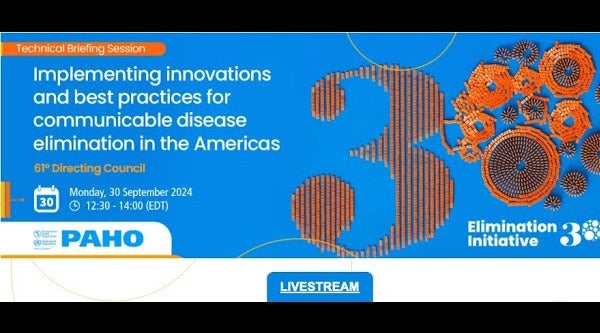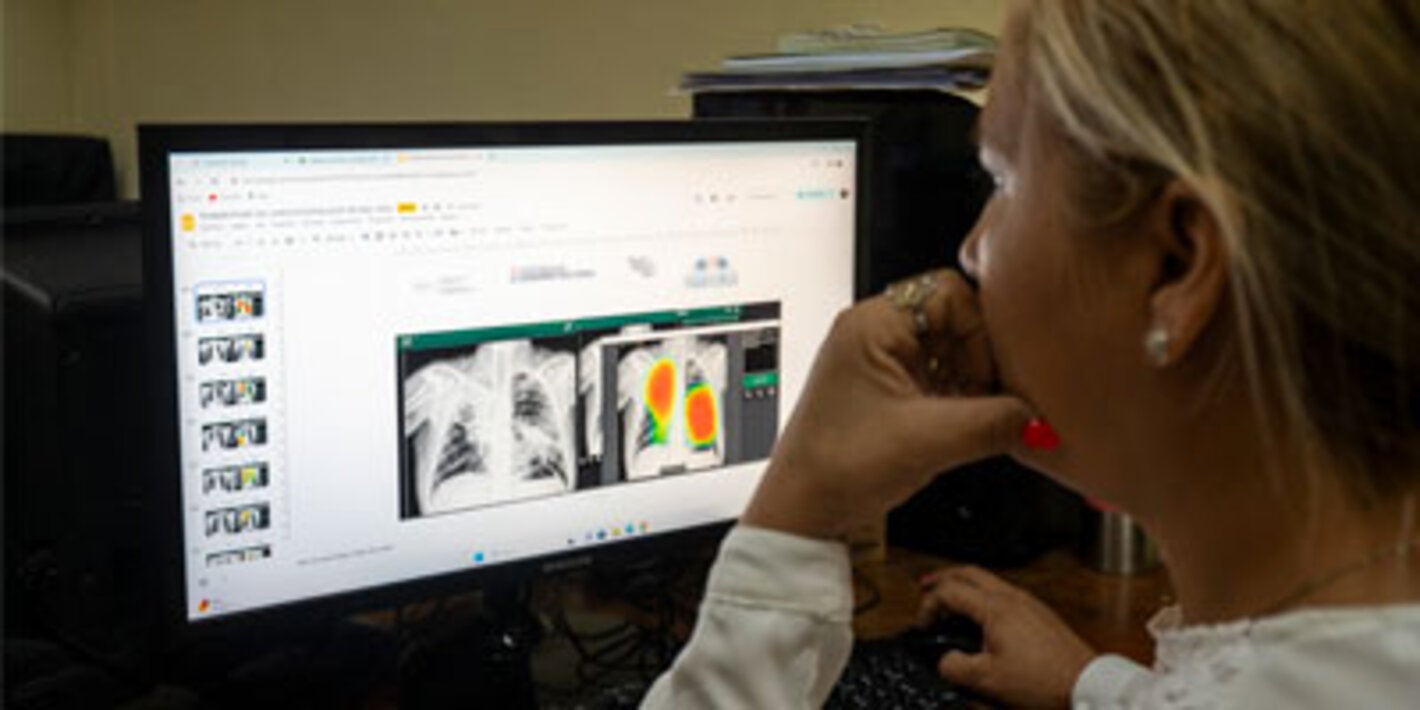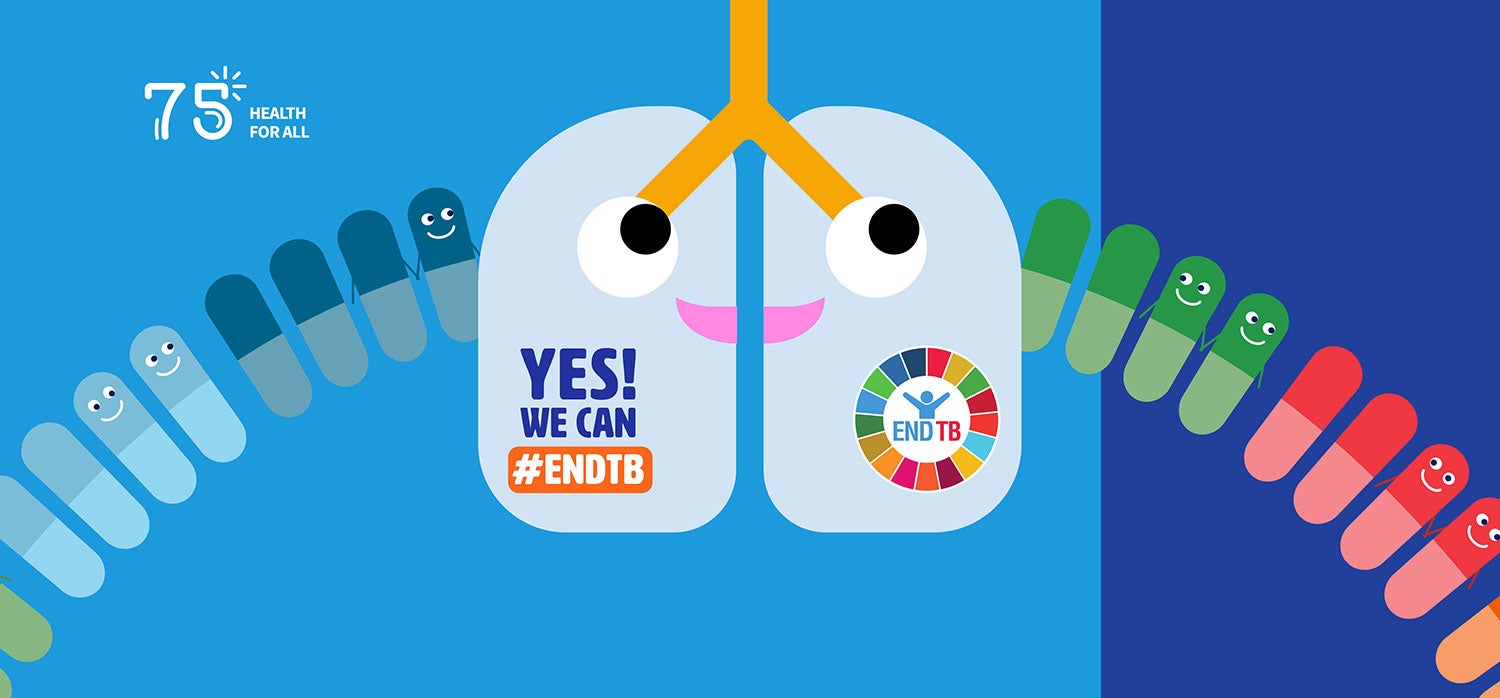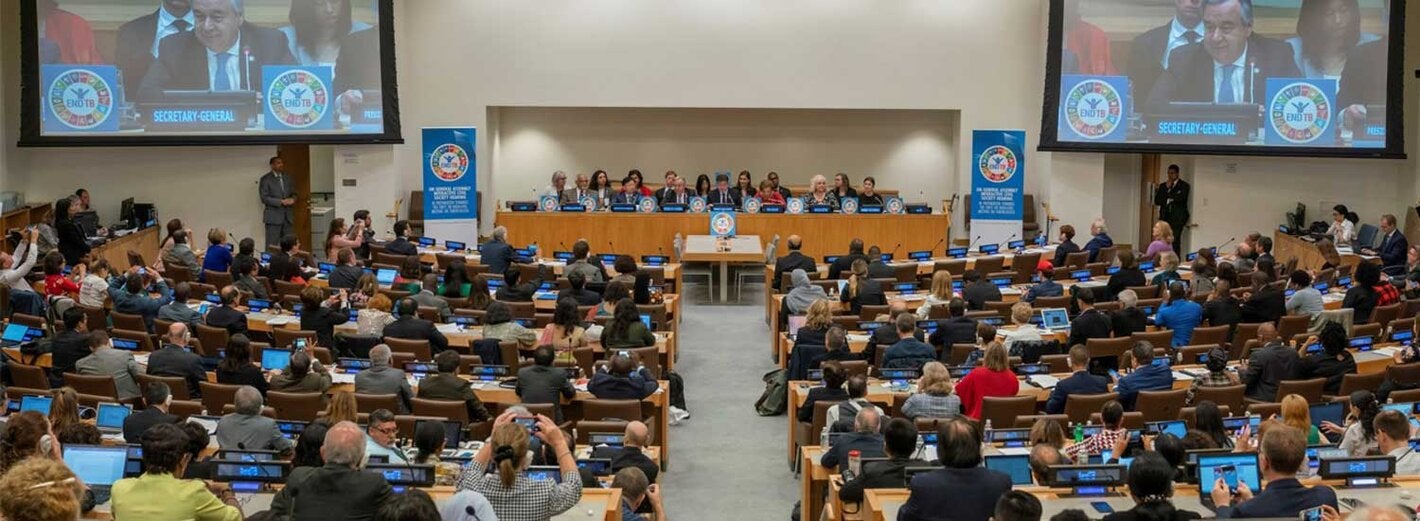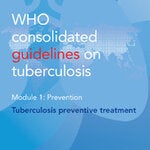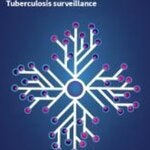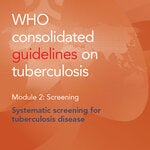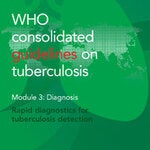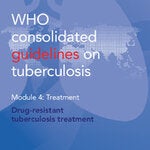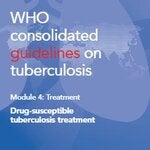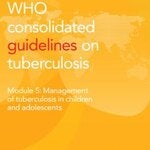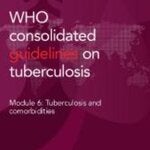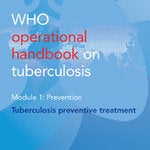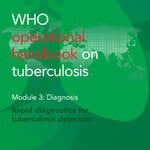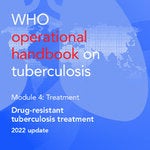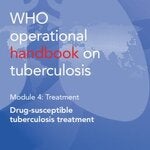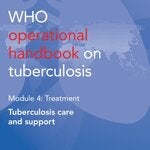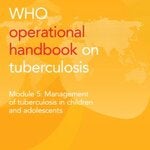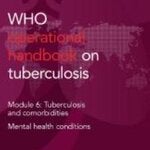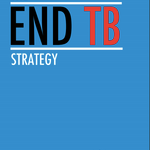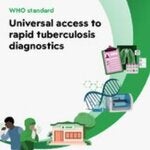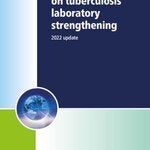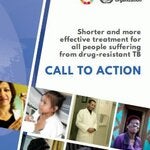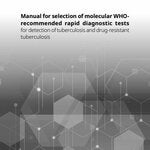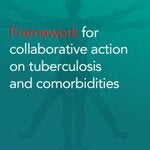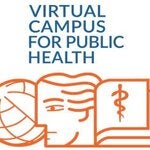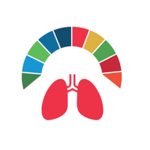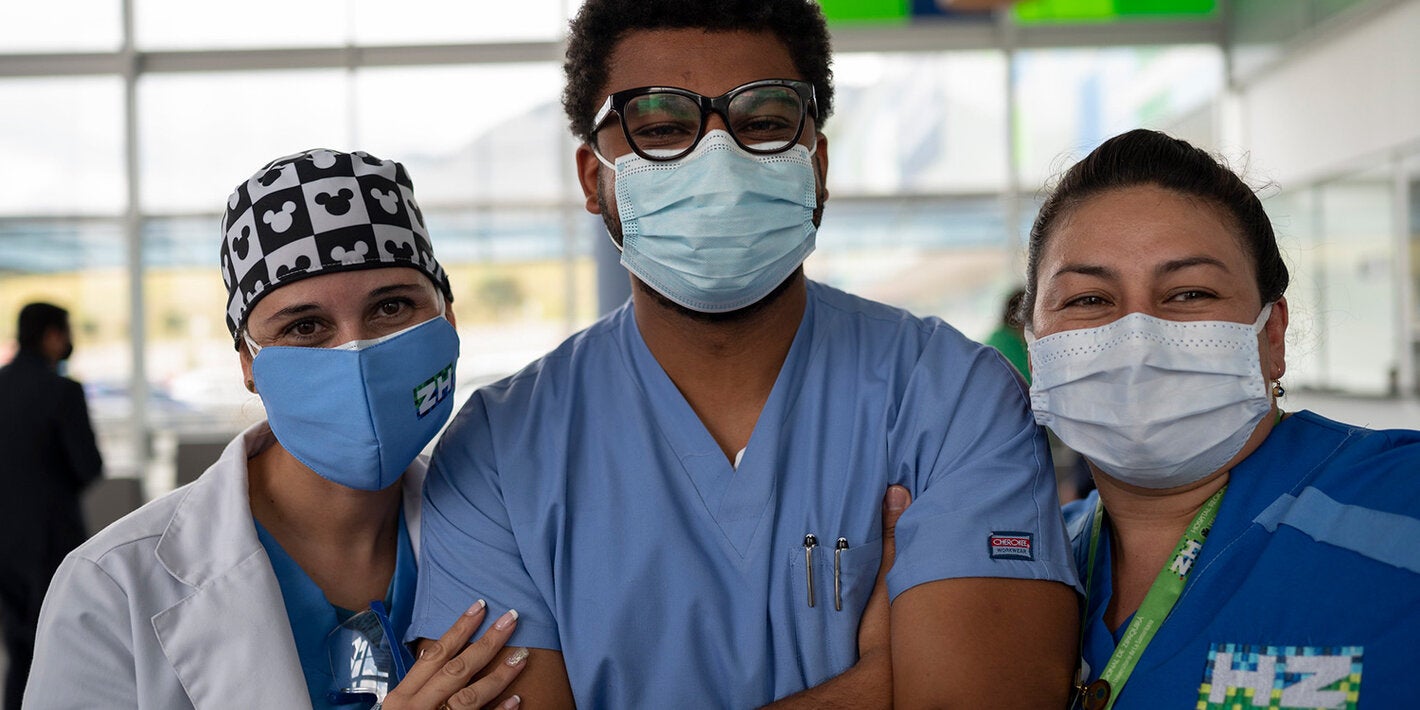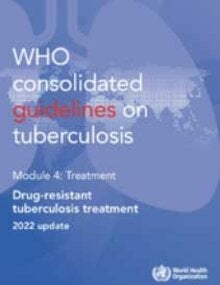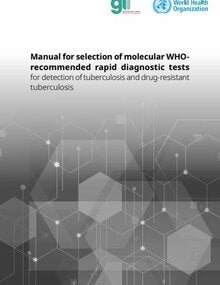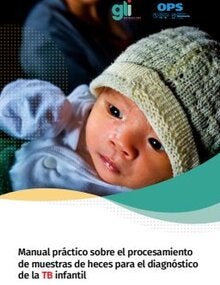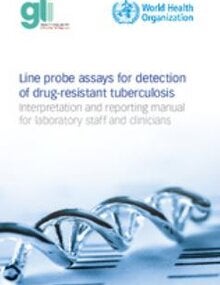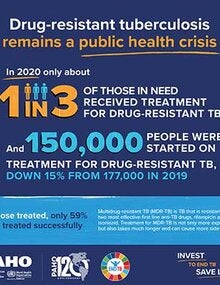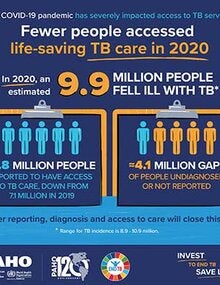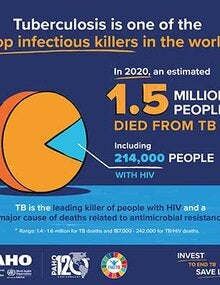SUBMENU
TB is an infectious bacterial disease caused by Mycobacterium tuberculosis, which most commonly affects the lungs. It is transmitted from person to person through the air. The symptoms of active TB include cough, chest pains, weakness, weight loss, fever and night sweats. In healthy people, infection often does not cause symptoms, because the person’s immune system acts to wall off the bacteria.
- In 2022, tuberculosis became the second leading infectious disease killer globally after COVID-19. It was also the main cause of death among people living with HIV and one of the leading causes of antimicrobial resistance-related deaths.
- Globally, an estimated 10.6 million people became ill with TB, and 1.3 million died from TB; of these, 167,000 were co-infected with HIV.
- In the Americas, in 2022, 325,000 new TB cases were estimated and 239,987 (74%) were notified, which was 4% more than in 2021.
- Estimated deaths for the region were 35,000, of which 11,000 corresponded to TB/HIV co-infection.
- A total of 5,136 cases of MDR/MDR-TB were diagnosed. Of these, 90% started treatment.
- The End TB Strategy aims to end the global TB epidemic and is linked to the Sustainable Development Goals (SDGs) under three high-level indicators: reduce the number of TB deaths by 95% compared to 2015, reduce new cases by 90% between 2015 and 2035, and ensure that no family faces catastrophic costs due to TB.




